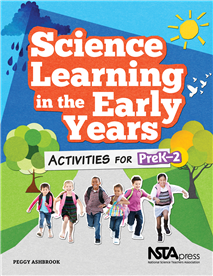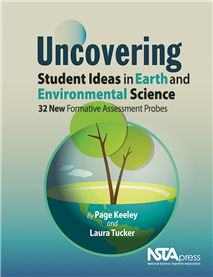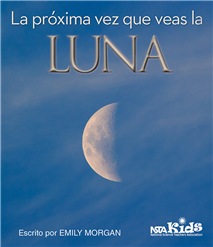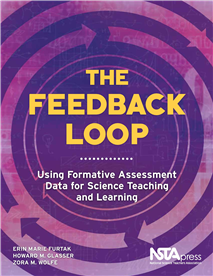All Book Chapters
Book Chapter
In this chapter, the objective of the activity “Materials Have Properties” is to experience the properties of a wide variety of materials and to use understanding of the properties of materials to make a container that successfully contains a foo...
Book Chapter
In this chapter, the objective of the activity “Ice Cream Science” is to make observations of the ingredients for ice cream before mixing them together and after making a change by cooling the ingredients. Chapters 1 and 2 are also included in th...
Book Chapter
In this chapter, the objective of the activity “Making Lemonade From Scratch” is to engage children in observing the process of a solid dissolving into a liquid as they mix the two together. Chapters 1 and 2 are also included in this book selecti...
Book Chapter
The Nature of Science in Early Childhood
In this chapter, the objective of the activity “Observations and Inferences” is to introduce the concept of creating inferences based on observations. Chapters 1 and 2 are also included in this book selection. Chapter 1 focuses on science inquiry...
Book Chapter
Available in April!If you’re new to formative assessment probes, you’ll love the latest book in the bestselling Uncovering Student Ideas in Science series. Authors Page Keeley and Laura Tucker give you 32 engaging questions, or probes, that can r...
Book Chapter
La próxima vez que veas la luna (Sample chapter)
2015 Children's Choices Winner, Children's Book Council and International Literacy Association!2015 REVERE Award Finalist, PreK-12 Learning Group, Association of American Publishers!...
Book Chapter
This chapter introduces and provides an overview of the Feedback Loop. It explains its structure and usefulness in guiding teachers to consider a number of components when setting goals, developing tools to collect data, and analyzing those data to d...
Book Chapter
This chapter highlights how we think about goals in the Feedback Loop. It discusses the element’s value, explaining what it is and how teachers can use it to grow in their practice and better support student learning. District and state standards ...
Book Chapter
Designing, Selecting, and Adapting Tools
This chapter walks you through processes for selecting, adapting, and designing tools to use in the Feedback Loop. It provides ideas for tools teachers can use to explore selected science practices in classrooms. The tools mentioned include ways to ...
Book Chapter
This final step of the Feedback Loop is where everything comes together. The chapter starts by talking about what we mean by inferences and then walks through a few guides for making those inferences. Also included are some vignettes of teachers maki...
Book Chapter
This chapter explores how to close the loop by connecting inferences and goals through feedback. It presents the process of connecting inferences about student learning back to original goals in the Feedback Loop, a process called identifying the gap...
Book Chapter
Using the Feedback Loop to Plan and Inform Instruction
This chapter uses the full Feedback Loop to describe an approach for planning and informing instruction. It is designed to combine all the information in the previous chapters into a series of resources that will help you learn to use all the element...
Book Chapter
This chapter discusses how to collaborate with colleagues when considering data and the Feedback Loop to further increase the effect this work can have. We discuss the value and importance of working with other educators and identify ways to go abou...
Book Chapter
The purpose of this assessment probe is to elicit students’ ideas about the structure of the solid Earth. The probe is designed to find out if students recognize that Earth’s outer layer (crust) is mostly solid rock with a thin layer of soil on t...
Book Chapter
The purpose of this assessment probe is to elicit students’ ideas about soil. Soil is the material that is useful to plants and animals, including people. Its formation is a slow process but continuous and still happening today. This probe is desig...





